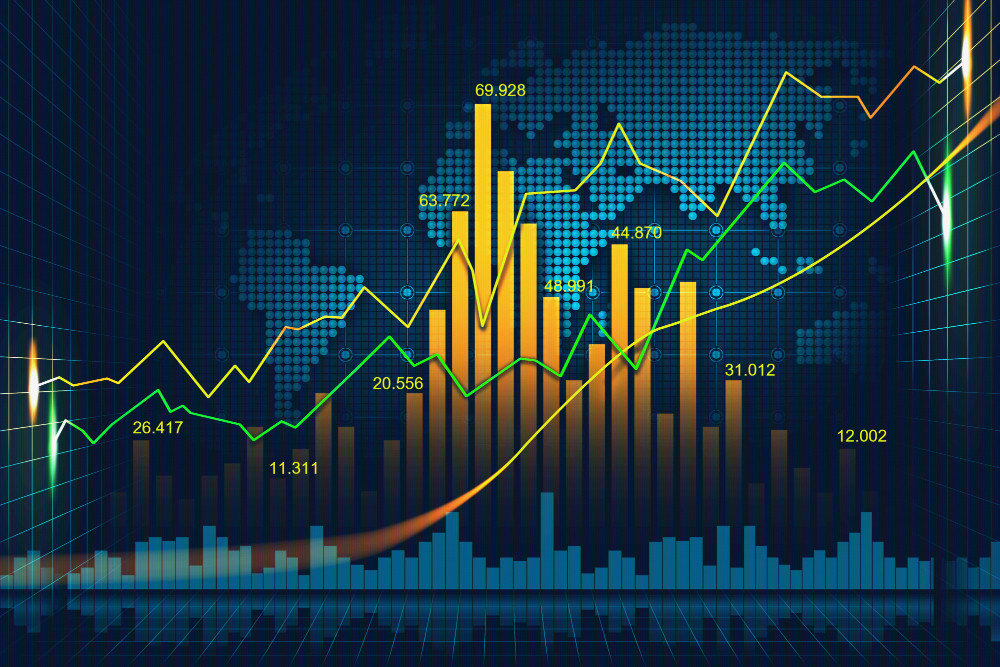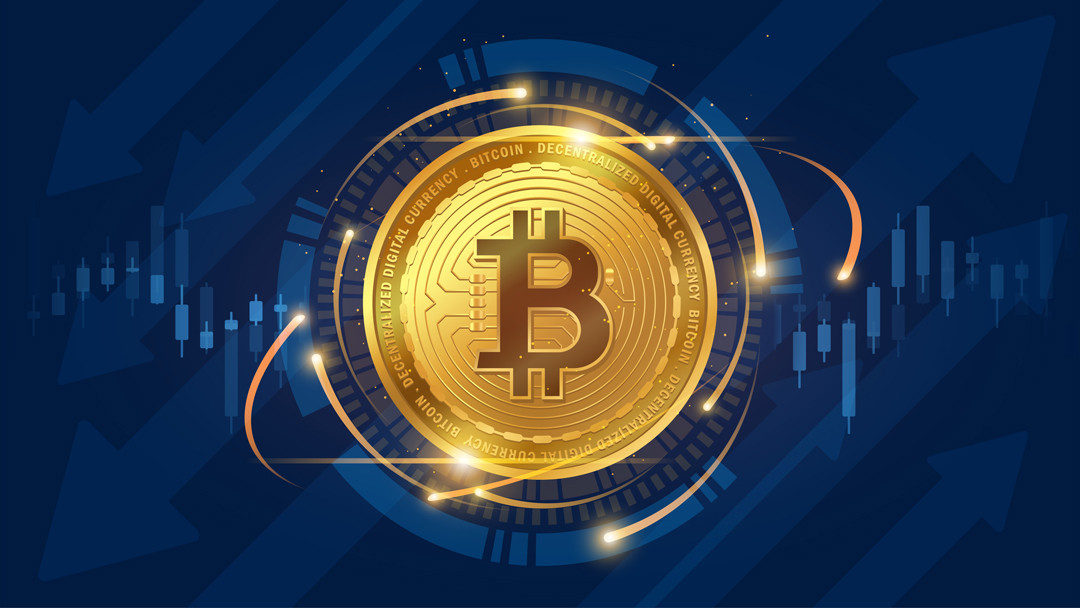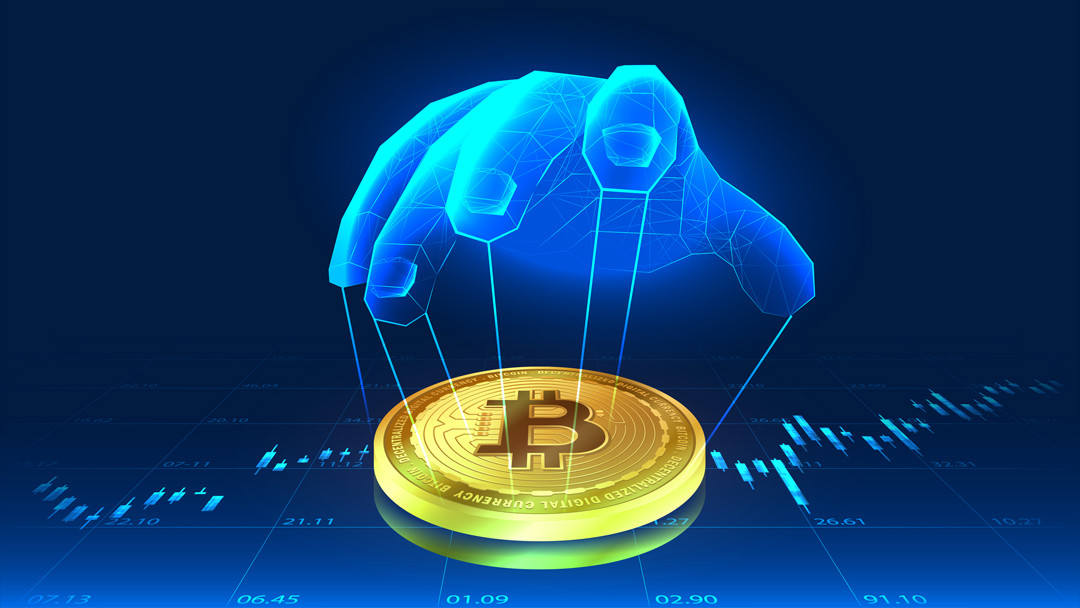
- By admin
- 18 Oct 2023
The relationship between stocks and tokens
The relationship between stocks and tokens and the difference between them
The Relationship Between Tokens and Stocks: Understanding the Similarities and Differences
In the age of digital technology and financial innovation, tokens and stocks have become common terms in the world of investing and trading. While they represent different assets and are traded in different financial markets, they share some important points and can have some overlaps. Let's take a look at the relationship between them.
Similarities and Differences:
Legal Nature:
Stocks: Stocks are financial instruments that represent ownership stakes in limited liability companies. Stockholders have rights in the company, such as the right to vote on important decisions and the right to benefit from profit distributions.
Tokens: The term "token" refers to a tradable unit based on blockchain technology, such as cryptocurrencies and utility tokens. Tokens are usually tools for accessing specific services or platforms, and they may carry some additional rights or privileges.
Market and Trading:
Stocks: Stocks are traded on regulated securities markets, such as traditional stock exchanges. Transactions take place between investors according to specific rules and procedures governed by relevant financial authorities.
Tokens: Tokens are traded on cryptocurrency exchanges and decentralized markets, where individuals can engage directly without traditional intermediaries. Some cryptocurrency markets may require compliance with identity verification and local regulations.
Hedging and Diversification:
Stocks: Stocks are part of investors' hedging and diversification strategies, as they seek to distribute their investments across different companies and diverse sectors to mitigate risks.
Tokens: Tokens can play a similar role in hedging and diversification strategies, as investors can distribute their investments across a variety of cryptocurrencies and blockchain-based projects.
Economic Impact:
Stocks: Stock prices typically reflect a company's performance and market expectations. Stocks are affected by economic factors, political events, and industry developments.
Tokens: Token prices depend on various factors, including demand and supply on trading platforms and their adoption in different industries. Token prices can also be influenced by market events and investor sentiments.
Regulation and Oversight:
Stocks: Stocks are subject to regulation and oversight by financial authorities and local stock exchanges. Laws and rules are enforced to ensure fairness and protect investors' rights.
Tokens: The level of regulation in the token market varies from country to country. Some local regulations may exist to protect investors and combat manipulation, but the regulatory framework may be less developed compared to traditional securities markets.
In conclusion, tokens and stocks share some important points such as investment and trading, but they also have significant differences in legal nature, market trading, economic impact, and regulation. Investors should understand these differences and invest their funds wisely based on their goals and acceptable risk levels.

